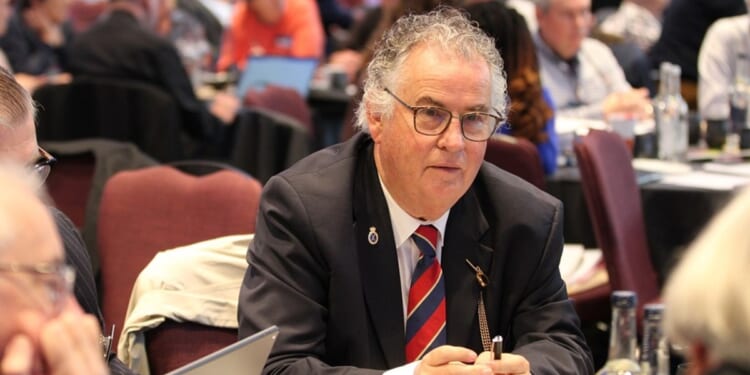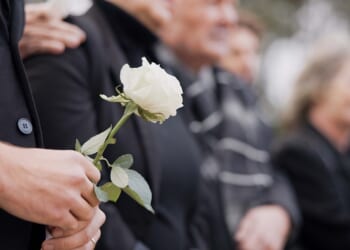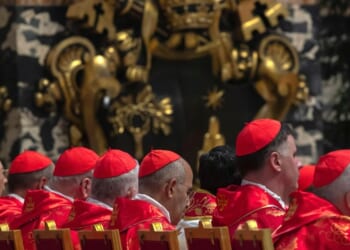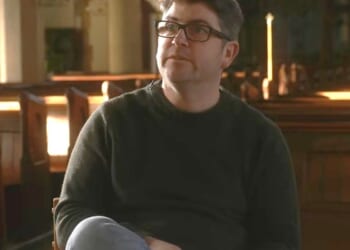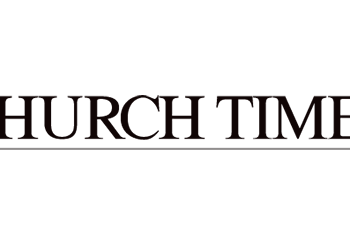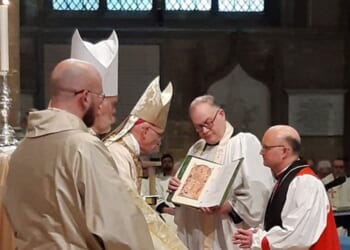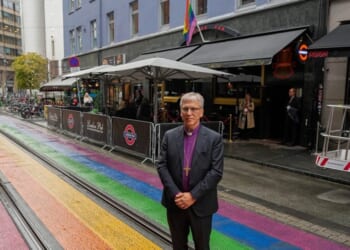THE Representative Body (RB) of the Church in Wales has come under fire for the statement that it issued on 1 July in response to the situation at Bangor Cathedral.
Critics suggested that the action had been beyond the RB’s remit, and had given the then Archbishop of Wales and Bishop of Bangor, the Rt Revd Andrew John, little option but to retire with immediate effect (News, 28 June).
On 23 June, Archbishop John issued an unqualified apology for his part in the failings at Bangor Cathedral. Two reports commissioned by the Archbishop had recorded concerns about “weak financial controls” and “inappropriate behaviours” (News, 27 June).
The following day, the situation at Bangor was discussed by the RB, and a brief note was issued: “After extensive and detailed discussions, the meeting has been adjourned, and a statement will be issued in due course.”
Archbishop John announced his retirement three days later.
On 1 July, the RB issued its promised statement, comprising the full text of the motion that its members had carried. This described the revelations of “safeguarding failures, blurred boundaries, inappropriate conduct, weak control environment and lack of transparency in management at Bangor Cathedral” as “deeply troubling.”
It concluded with a call for “change in leadership, procedures and governance in the Diocese of Bangor”.
A central recommendation directed the senior leaders of the diocese, the diocesan board of finance, and the cathedral Chapter to “co-operate with a Representative Body established leadership taskforce, accountable to the Trustees of the RB, to work with the officers of the Diocese of Bangor to offer more capacity and drive structural change.
“Such a taskforce will be given the authority to deliver and implement the system changes required to create a sustainable infrastructure for the future.”
Archbishop John spoke about the RB meeting — at which he was present — in an interview with the BBC after his retirement (News, 11 July).
“Being present at the meeting, and [to] have people more or less calling for your resignation was like being in a nightmare,” he said. “I know the people who were in that meeting.
“I don’t think I had a chance to explain the changes we’ve made, and how complicated things are, but, having heard from them, I don’t want to be a problem for them either. I think it’s a good decision for the future.”
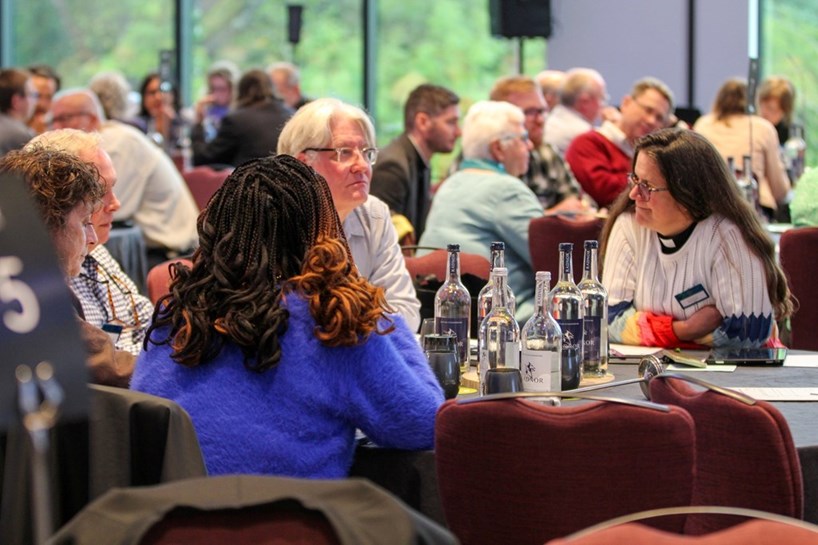 Church in WalesThe Governing Body meets last week
Church in WalesThe Governing Body meets last week
At the Governing Body meeting this week, there was evident anger about the perceived handling of the situation. Professor Medwin Hughes, who chairs the RB, described the 24 June meeting as “very, very difficult. . . I hear the pain, I hear the concern, and I hear the grief that was associated with what happened in the context of Bangor,” he told the Governing Body.
“I’m mindful that some would ask the question, Why on earth was the RB undertaking this activity? I am confident that what we did, although painful, extremely painful, was right in the context of our stewardship as trustees of this separate legal entity. Our first duty has to be to comply with charity law to act appropriately, with stewardship to manage resources, and to engage with risk and to offer support — and that last word is key, ‘support’.
“We grieve with [the diocese and cathedral] in very, very difficult issues, and the recommendations that were considered and passed by the Representative Body set out not only a range of procedures and structures to consider due processes, but also supporting structures for the future so that we can help the diocese and also the cathedral. . . We had a legal duty to consider and to engage in an appropriate manner.”
The motion before the meeting was simply to accept the RB report. But an amendment put by Canon Richard Wood (Bangor) added the proviso, “subject to an instruction to the Standing Committee to reflect jointly and critically with the Representative Body upon the June meeting of the RB, regarding how the statement published sequent to that meeting, issued without consultation with the Governing Body nor its Standing Committee, nor any engagement with the disciplinary procedures of the Church in Wales, was able to effect the immediate retirement of the Archbishop”.
Canon Wood called into question “the manner in which they [the RB] drafted and published their statement. The Standing Committee were not consulted before the statement was made. There was silence. Two had absented themselves as being from Bangor.
“It seems there was a desire to speak in response to headlines in the media. . . A call for change of leadership could only be interpreted as a call to leave that office. That is a cultural norm in society — we need not be bound by such.” The Archbishop or anyone else responsible for leadership and governance should, of course, be held to account, he said, “but the Representative Body is not the Church in Wales. It is not the arbiter of discipline or the arbiter of ministry.”
The Revd Dr Kevin Ellis (Bangor) had “no qualms with decisions made within the Representative Body, but, as a priest in Bangor, the unintended consequence of the RB’s motion was to ignore the fact that in the diocese of Bangor, despite the things that have been uncovered, still people come to Christ. All that, in that moment, seemed to be lost. It is worthy of further reflection.”
Legislation must always be aligned with mission and ministry, the Archdeacon of St Davids, the Ven. Paul Mackness (St Davids), suggested. “To put all blame in one place is not the Christian response. Regardless of the decision, we need to reflect deeply about this. The relationship we have as Governing Body and Representative Body needs reflecting on, so that we know where full responsibility lies.”
Heather Payne (Llandaff), who had been at the meeting, reflected on whether “the mission was driving the money or the money driving the mission. . . It felt a bit like rubber-stamping. We have structures which have been constructed and agreed; for we are separate from the Governing Body. As trustees, the RB has a duty of acting in accordance with the Nolan principles of public life, with the resources we have at our disposal.”
It had been an “extremely difficult meeting”, which had done “only what we had the power and responsibility to do as trustees”. While “always ready to learn”, she did not feel that the amendment was worthy of support.
The amendment was carried by 61-20, with four recorded abstentions. The vote on the amended motion was carried by an even larger majority, 82-3, with four recorded abstentions. Professor Hughes welcomed that outcome.

